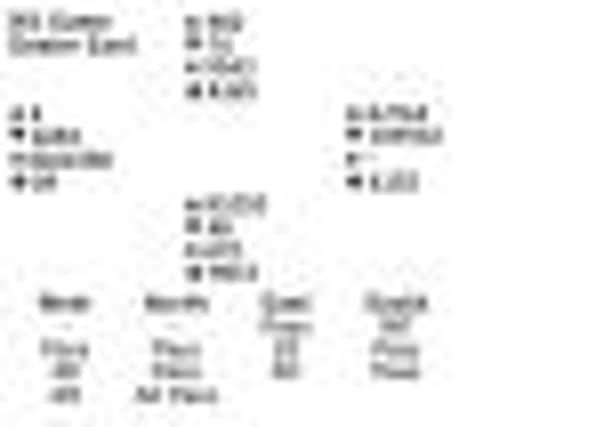Bridge - The Scotsman, 28/02/13


North would run to 2C, lower of two 4-card suits. East-West cannot effectively punish that contract, so East might cue-bid 3C, showing two places to play, steering the partnership into 4H. As it went, East lacked a conventional bid to show both majors, but got the job done by bidding them in turn.
South found the best lead of a club – on any other lead declarer simply concedes a diamond to the ace, creating discards for his club losers. Declarer won the jack of clubs with the ace and played trump. South played a club to North’s king, and declarer won the third club with the ten. He played a second heart to South, reaching a position where he needed the rest of the tricks:
Advertisement
Hide AdAdvertisement
Hide AdSouth led a spade to the ace. Declarer ruffed a diamond and ran the queen of spades. Then he crossruffed spades and diamonds, establishing his fifth spade for the tenth trick. But suppose South exits with his last club: if declarer ruffs in hand he has no entry for his fifth spade; if he ruffs in dummy he can no longer ruff two spades. To avoid the danger of an unhelpful ruff and discard declarer must start spades earlier, unblocking the ace before touching trump.